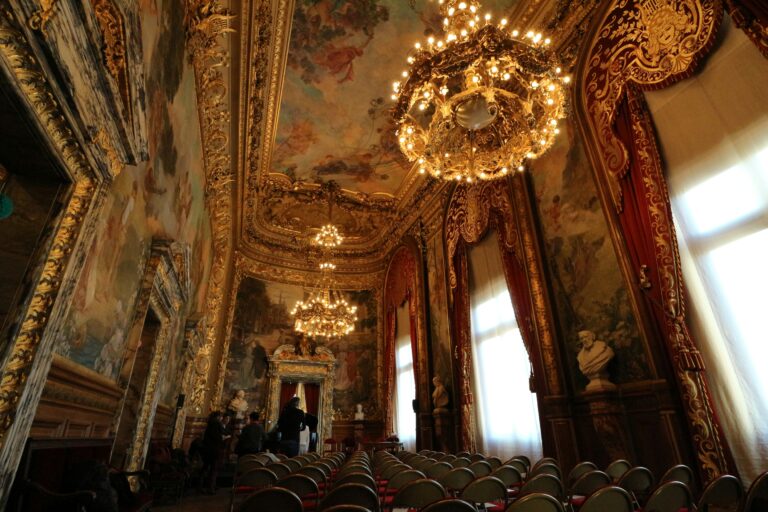however
The English word “however” can have different meanings depending on context. It may contrast with a previous statement (“but, nevertheless”), introduce a restriction (“yet, all the same”), or express degree (“no matter how”). French uses several different words and phrases to cover these meanings. “Cependant” “Ceppendant” is the most common translation of “however” in formal…









